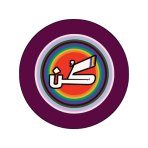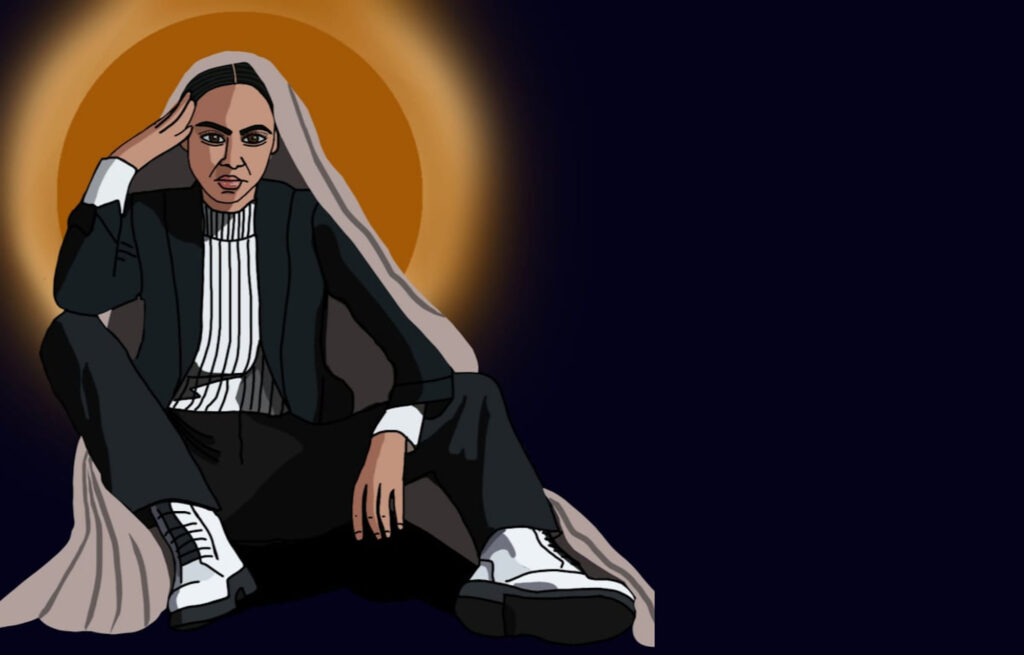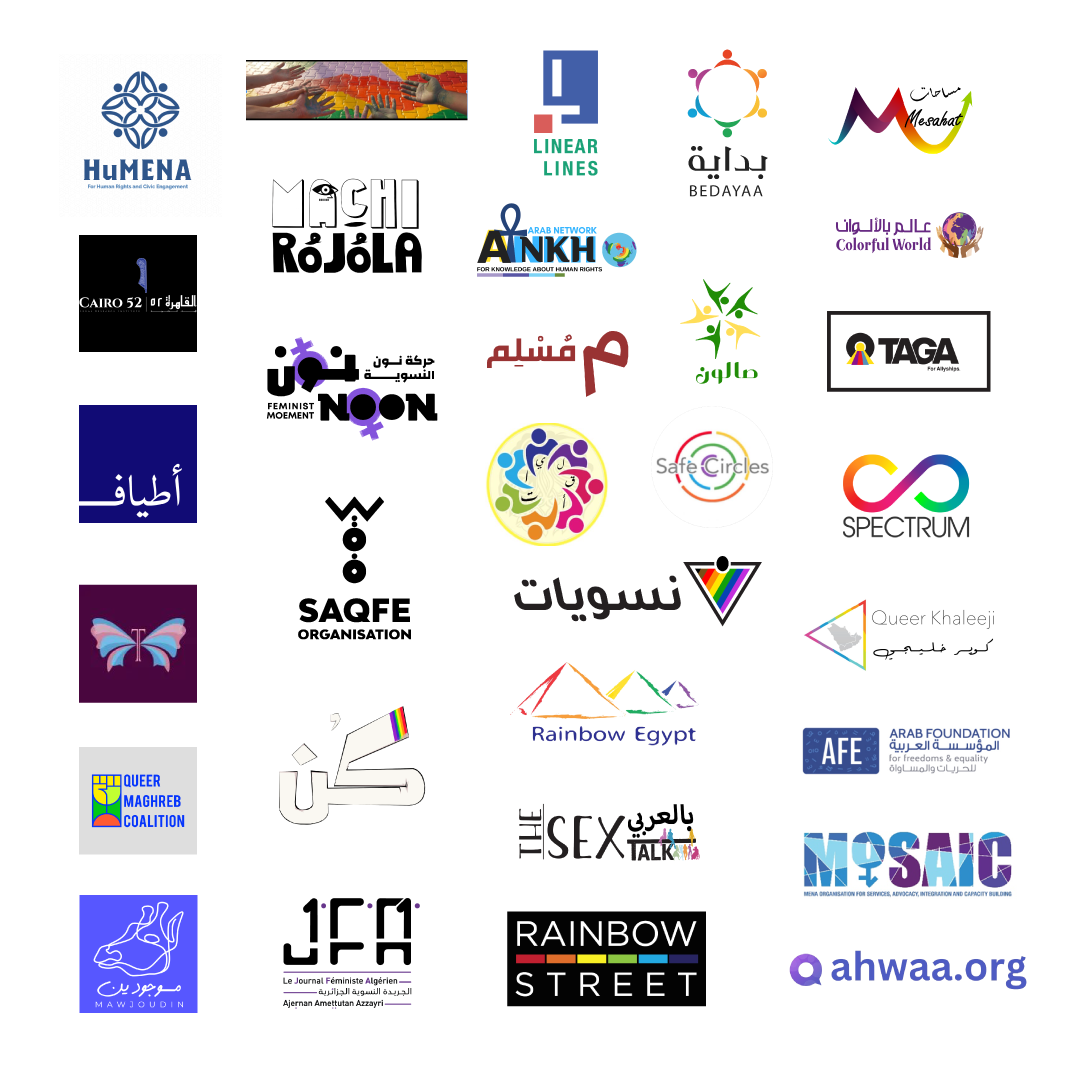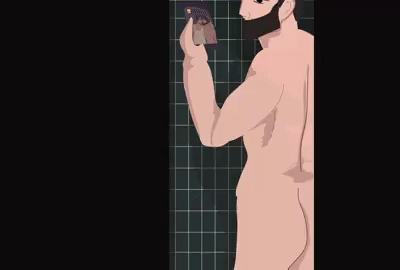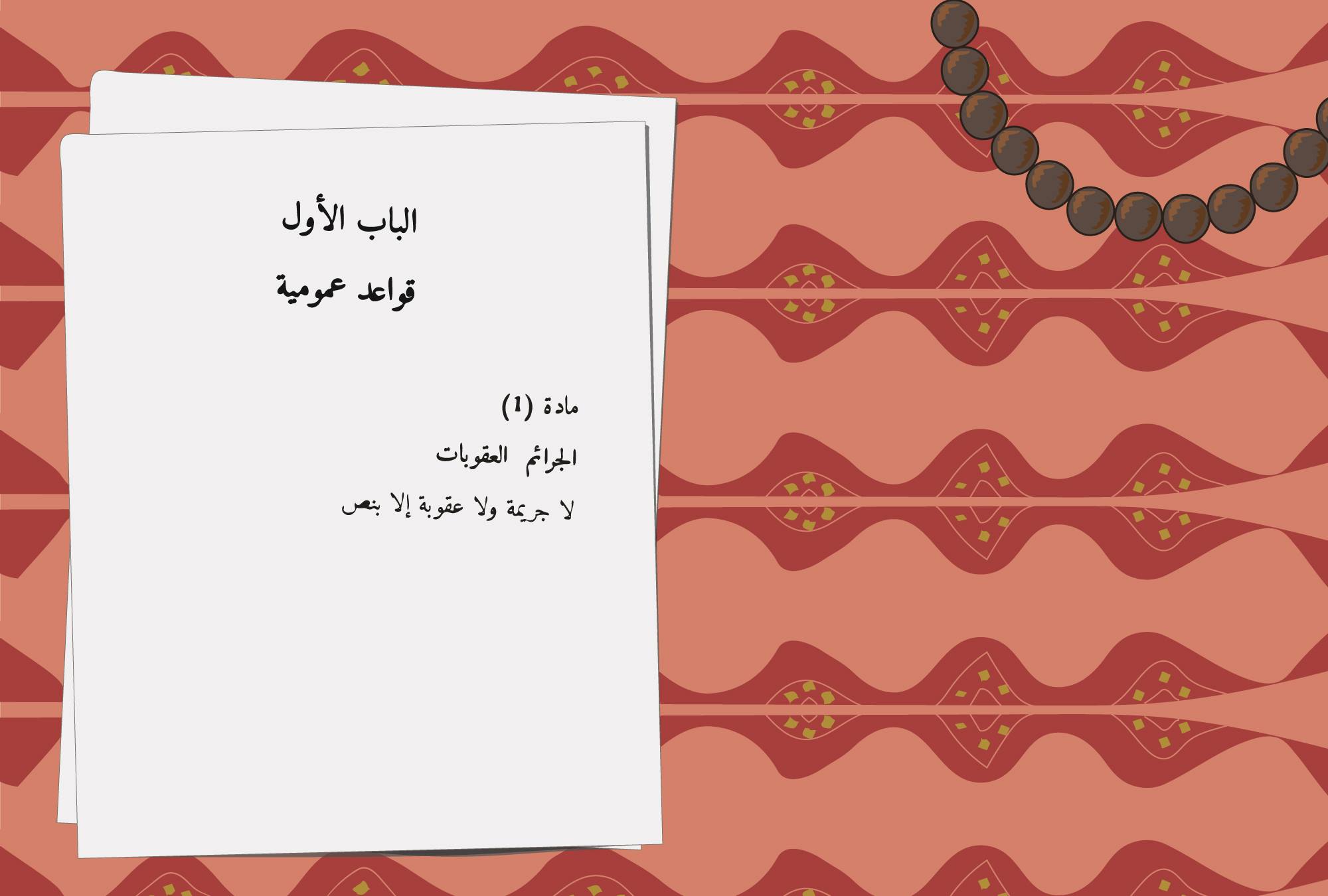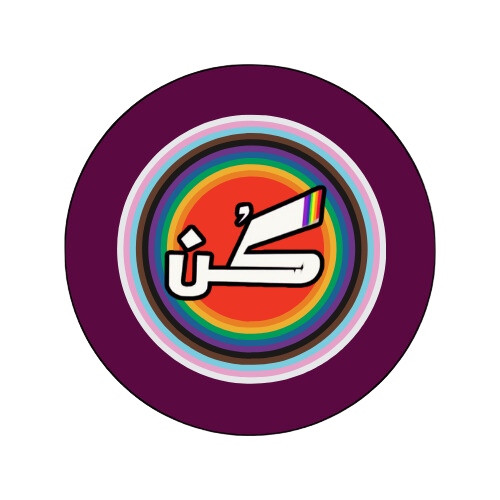Tazir
If we acknowledge a lack in the literature focusing on queers in Libya, then we must agree that the information about lesbians and bisexual women in particular are extremely scarce, as Al-Nihoum noted: “our society is men society,” in which men are the center of interest of the collective mind, and on the other hand being the main victim of the social pressure and/or indignation, as is the case with male queer people, for the fact that they are “men”, they become the focus of bullying campaigns only for the fact that behave freely as they feel, or wear clothes that do not conform to the stereotypical form of young men in Libya, let alone the news of arresting gay men by security agencies that raise a stir of popular hatred against homosexual victims, while lesbians live in an invisible world obscured by prohibitions that generally restrict women.
However, this invisibility did not protect those women as much as it made them receptive to thoughts and behaviors that reject their existence in the first place and naturally destroy any hope of a successful healthy life. Lesbian and bisexual women in Libya believed – since a long time ago – that their desires and actions are “deviations” from society, regardless of the genuinety of their desires and the sincerity of their feelings. From normalization to different stereotypes, Queer women reflected the image of traditional heterosexual marriage on the emotional and sexual relations between them, as the idea of “the dominant male and the dependent female”, which are behaviors that opress women… This image was reproduced until a few years ago when globalization provided an opportunity to discover healthier and more flexible Queer models and female personalities.
The flexibility factor in this environment – compared to gay and bisexual males – made this environment more coherent, and flexibility here means: ease of meeting and acquaintance, the relative length of relationships, the relatively wide field of confidentiality; It is not uncommon for one of them to spend nights with her “friend” in her family’s home and to become very close publicly, as they are in the eyes of society: just two close friends.
However, the flexibility of the meetings did not result in a radical development in the image and concept of relations, as the oppression that Libyan women are subjected to at several levels, in addition to the exclusion of their issues and the marginalization of their roles, has a worse effect on the Libyan queer women because it deals at the same time with a nature that is considered a perversion of the collective mind that they’re a part of, thus, the older generations of lesbians and bisexual women haven’t had the opportunity to experience a life in which they experienced ideas, and rights taken from them.
This persecution doubles – as expected – the more the Libyan queer women are exposed, the more their appearance and style contradict the stereotype of “what Libyan women look like”. In doing so, They challenge the traditional men and the society, but the Libyan queer women battle against oppression is not a new thing, but rather dates back to a very long time ago, since women wore the military uniforms of Libyan tribes in the battles between the tribes and the ancient Egyptians, nearly two thousand years BC, since then, the model of the active queer women that created safe micro-environments for the LGBTIQ+ family has develped, which is really worth studying, as the Libyan queer women has always taken care of the oppressed based on their sexual orientation and gender identity in popular neighborhoods and even within creative circles, through a bitter struggle, they acquired a social status that protects them from persecution, which was represented by the inclusion of male dancers by popular artists in Tripoli and Derna, in their concerts, to perform traditional “feminin” dances, which was known until the sixties of the last century. A number of teachers and senior government employees, especially before the 2011 revolution, regardless of the social abuse and legal prosecution, provided opportunities for LGBTIQ+ people in order for them to growth and exercise their freedoms, under their shadows, in addition to providing advice and even material support, and most of all, the acceptance that most LGBTIQ+ people lack within their biological families, to take the role of a “mother” or an “older sister” or simply an alternative “guardian”, and as a result of this, those women were the focus of fanatics obsession and the most prominent victims of the post-2011 systematic violence.
The harm to the active queer model was not limited to the attack they were subjected to by the “misogynist community”, but also the ignorance of the importance of their historical role and the neglect by the rest of the LGBTIQ+ community had the greatest impact on the demolition the micro-environments built by the Libyan queer women, an evidence for this is the scarcity of information about them within the LGBTIQ+ community itself, which equates to the scarcity of support for them, represented in creating communication, education and empowerment networks that constitute an important factor in the modernization movement in Libya.
